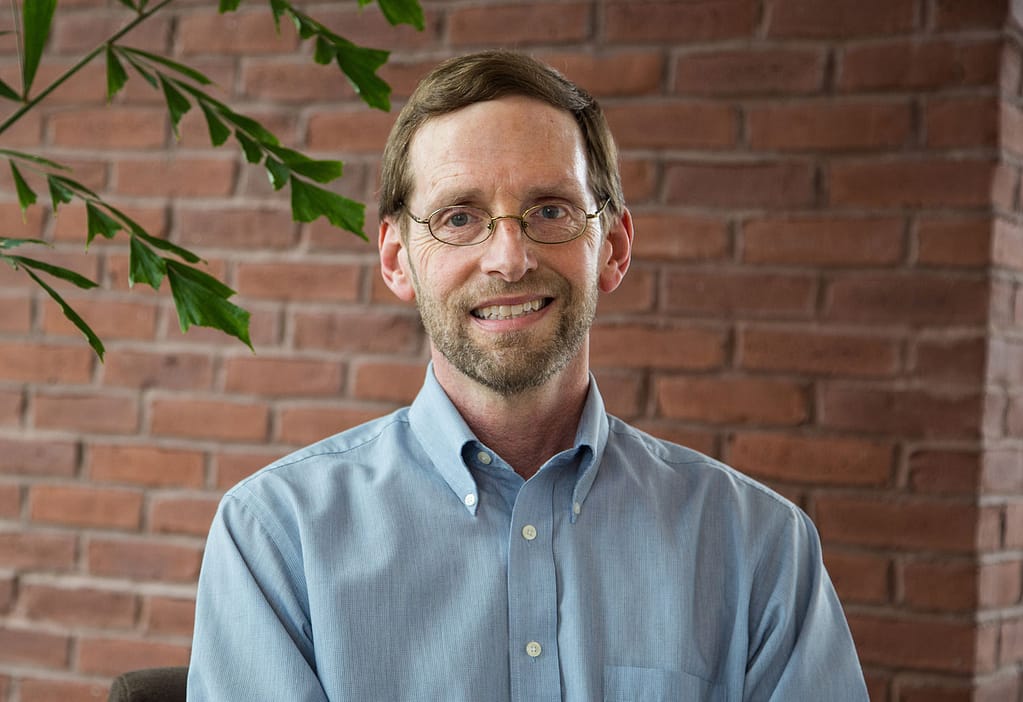I published the journal article “An Effective Nonlinear Rewards-Based Ranking System” in Journal of Quantitative Analysis of Sports: Berkeley Electronic Press. (2007).
Publications:
“Security Enhancements for the Additive Cryptosystem”, Proceedings of the 27th Annual CCSC (Consortium for Computing Sciences in Colleges) Eastern Conference, October 14-15, 2011.
“Rating/Ranking Teams through the (Spanning) Trees”, Proceedings of the 3rd International Conference on Mathematics in Sport, June, 2011: published by the Institute of Mathematics and its Applications.
“Rating/Ranking Systems, Post-Season Bowl Games, and ‘The Spread’ “, Journal of Quantitative Analysis in Sports: Berkeley Electronic Press (BEP), Volume 6, Issue 3, Article 6, 2010. (Downloadable PDF file after free on-line registration with BEP here.) (Web page cited at the end of the paper, listing yearly generated results of this system.)
“On k-minimum and m-minimum edge-magic injections of graphs”, Discrete Mathematics (Elsevier), January, 2010, volume 310, issue 1, pages 56-69. (Coauthored with Dr. John P. McSorley, Associate Professor of Mathematics at Southern Illinois University.)
“A Simple Encryption Strategy Based on Addition,” Proceedings of the 14th Annual CCSC (Consortium for Computing Sciences in Colleges) Northeastern Conference, Volume 24, #6, June, 2009.
“Discovering More Properties of the Fibonacci Sequence.” Proceedings of the 15th Annual CCSC Central Plains regional conference, Volume 24, #5, May, 2009.
“A Discovery-based Capstone Experience”, Proceedings of the Fourteenth Annual CCSC Central Plains Conference, Volume 23, #4, April 2008.
“An Effective Nonlinear Rewards-Based Ranking System”, Journal of Quantitative Analysis in Sports: Berkeley Electronic Press (BEP), Volume 3, Issue 2, Article 3, 2007. (Downloadable PDF file after free on-line registration with BEP here.) (Web page cited at the end of the paper, listing yearly generated results of this system.)
“Optimal Table Lookup for Reserved Words in Ada”, Ada Letters, Volume 26, #1, April 2006 (a publication of the ACM Special Interest Group on Ada). (PDF version, MS Word file)
“Searching for a Shortest K-Element Sidon Set in Parallel”, Proceedings of the 2005 International Conference on Parallel and Distributed Processing Techniques and Applications (PDPTA), June 2005 (with Andrew J. Bays – undergraduate coauthor).
“Can You Beat the Odds(makers)?”, Math Horizons (published by the Mathematical Association of America), April 2005. (Web page included in the paper, listing some of the results.)
“Applying the Overtake & Feedback Algorithm”, Dr. Dobb’s Journal: Software Tools for the Professional Programmer (#357), February, 2004. (The article “Overtake and Feedback Follow-up” appeared in the May 2004 issue.)
“An Extended Programming Assignment (Using Java)”, Proceedings of 2001 PDPTA, June 2001.
“Arithmetical Croquet”, Proceedings of the Sixth Annual CCSC Northeastern Conference, Volume 16, #4, April 2001.
“March Mathness: An Analysis of a Nonstandard Basketball Pool”, Math Horizons, February, 2001 (with Aaron Archer, Richard Cleary, and Robin Lock). (PDF file)
“Comments on ‘Tagged Semaphores’”, Association for Computing Machinery (ACM) Operating Systems Review, Volume 34, #4, October 2000. (MS Word file)
“Further Comments on ‘A Correct and Unrestrictive Implementation of General Semaphores’”, ACM Operating Systems Review, Volume 34, #3, July 2000 (with William E. Taylor – undergraduate coauthor).
“A Quantitative Examination of Computer Architecture Evolution”, Proceedings of the Fourth Annual CCSC Northeastern Conference, Volume 14, #4, May 1999.
“A Comparison of Three Strategies for Computing Letter Oriented, Minimal Perfect Hashing Functions”, ACM SIGPLAN (Special Interest Group on Programming Languages) Notices, Volume 30, #4, April 1995. (MS Word file)
“Taxman Revisited”, ACM Special Interest Group on Computer Science Education (SIGCSE) Bulletin, Volume 26, #4, December 1994. (MS Word file)
“A New Exercise in Concurrency”, ACM SIGCSE Bulletin, Volume 26, #3, September 1994. (MS Word file)
“An Undergraduate Project to Compute Minimal Perfect Hashing Functions”, ACM SIGCSE Bulletin, Volume 24, #3, September 1992. (MS Word file)
“Average Case Analysis When Merging Two Ordered Lists of Different Length”, ACM SIGCSE Bulletin, Volume 23, #3, September 1991. (MS Word file)
“A Deterministic Prediction Model for the American Game of Football”, ACM Simuletter, Volume 19, #1, March 1988. (PDF file)
“NSCS H/MI Implementation Considerations”, Bell Laboratories Technical Memorandum 82-59473-11, October 1, 1982 (with James P. Jenal).
“Performance Evaluation of NSCS (1NS1)”, Bell Laboratories Memorandum for File, 59473-820805.01MF, August 5, 1982 (with Arthur T. Sullivan).
Conference Panels:
“Multi-phase Homework Assignments”, Nineteenth Annual CCSC (Consortium for Computing in Small Colleges) Eastern Conference, hosted by Montclair State University (Upper Montclair, NJ), October 17-18, 2003.
“Experience with IDEs and Java Teaching: What Works and What Doesn’t”, 8th Annual Conference on Innovation and Technology in Computer Science Education (ITiCSE), sponsored by the Association for Computing Machinery (ACM) Special Interest Group on Computer Science Education (SIGCSE), hosted by the University of Macedonia (Thessaloniki, Greece), June 30-July 2, 2003.
